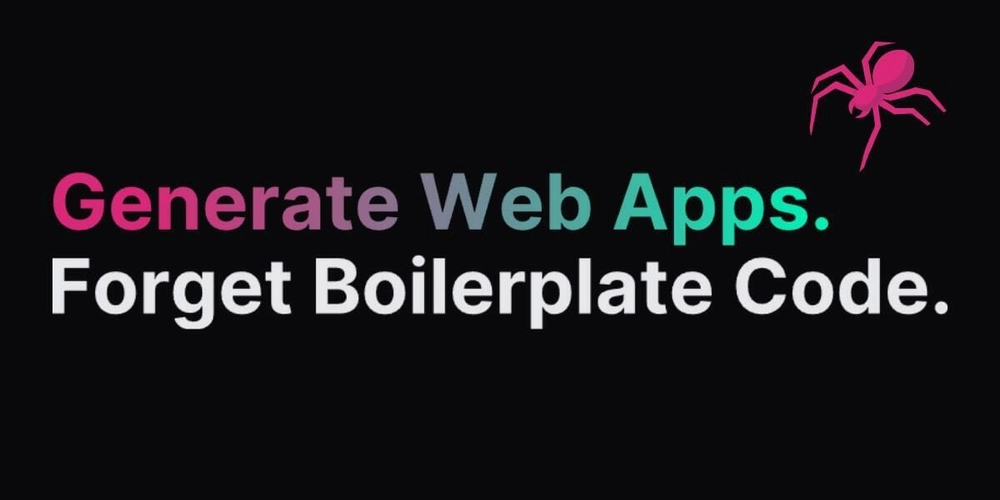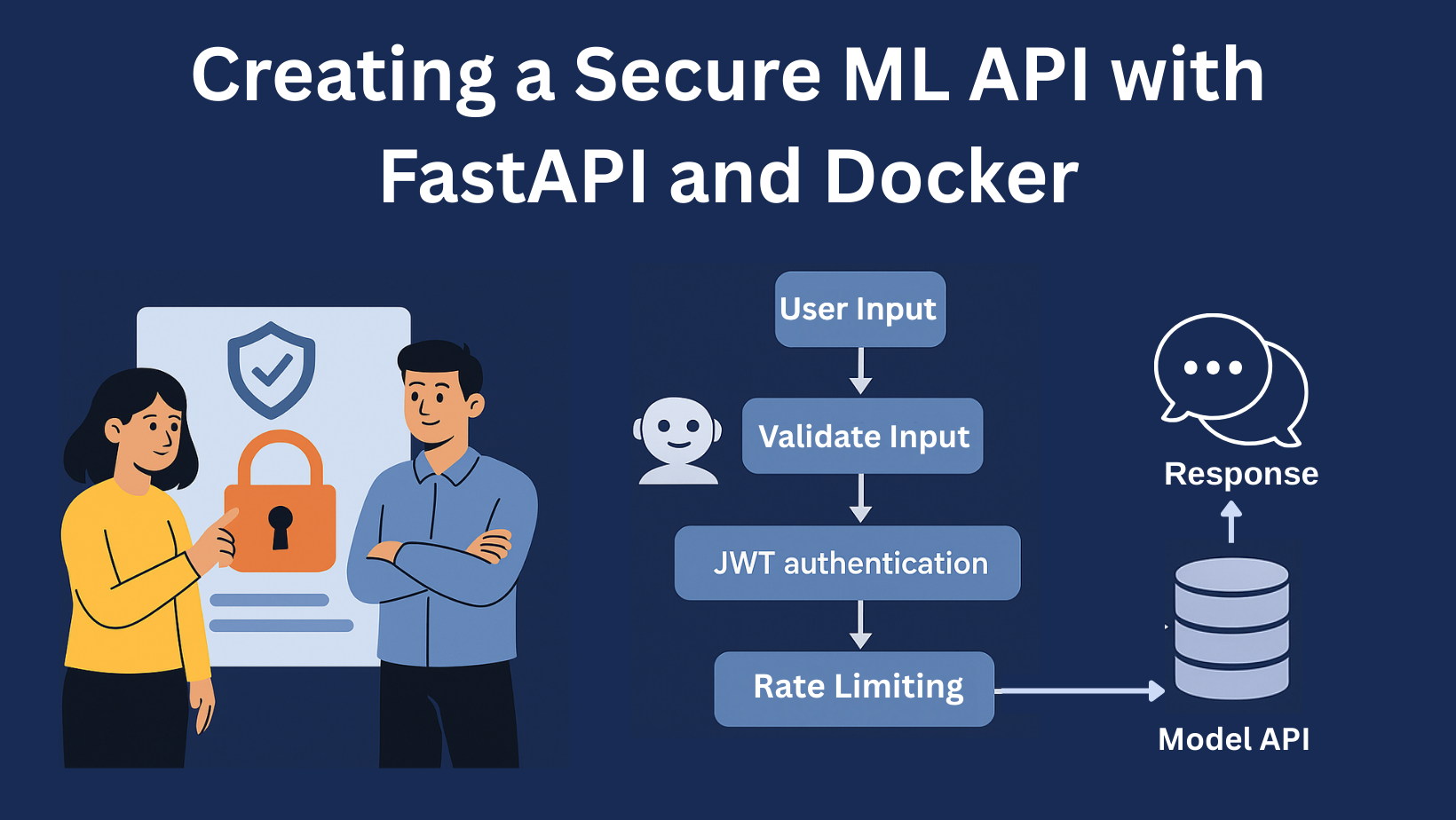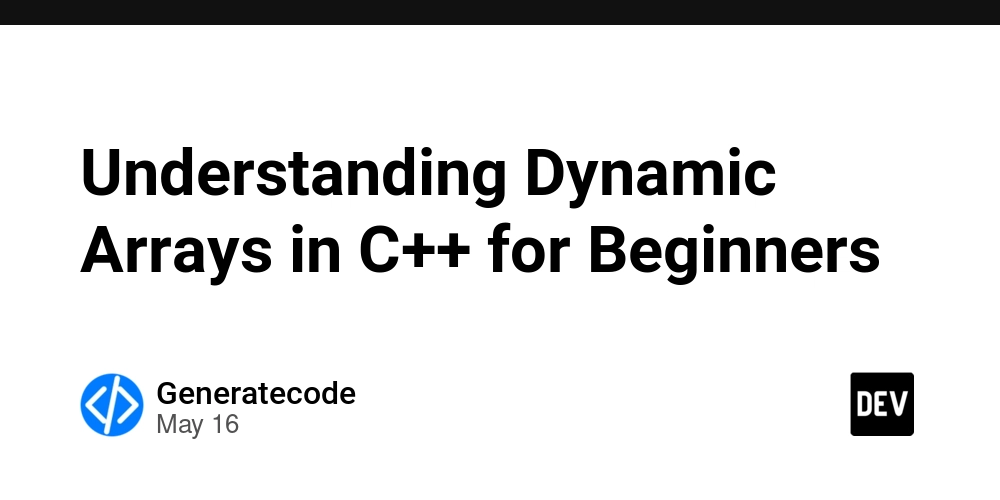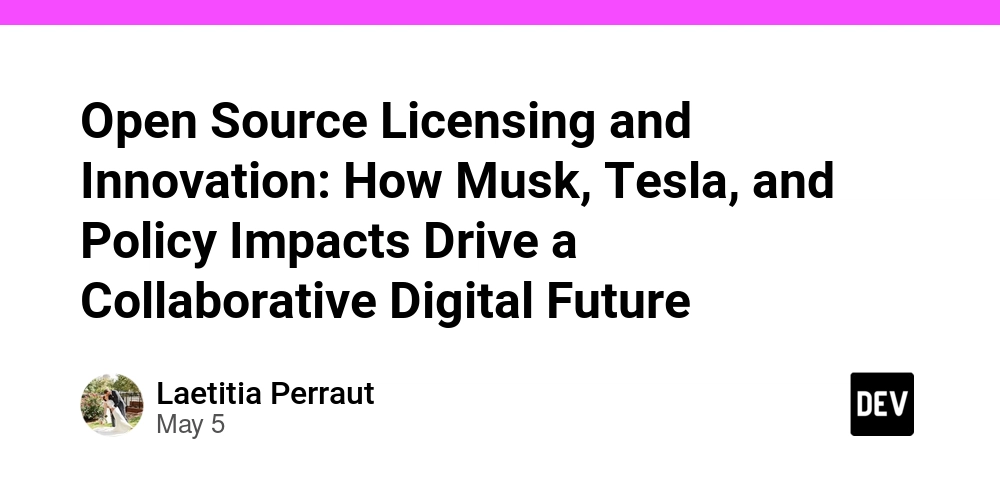When should I use LLMs?
As LLMs like ChatGPT, Gemini, and Grok soar in popularity, the Spiderly library stands out by addressing what they can’t yet fully handle: project architecture that demands a broader perspective and deeper understanding. Developers leaning heavily on LLMs without grasping the generated code are more prone to errors that, if they slip into production, take longer to fix. Spiderly minimizes those risks. With Spiderly.CLI tool you create a solid foundation with whole app structure, email auth, Google auth, logging etc. Then, the Entity Administration Source Generator builds everything you need for entity management. From there, you focus your brainpower on solving the end user’s specific problems. The star of Spiderly is its Entity Administration Source Generator (Spiderly.SourceGenerators project), a standalone tool. It delivers: Easily customizable, responsive admin forms for entities on the client side Client-side form validations and server-side object validations for incoming client data Controller methods for both client and server Flexible authorization methods Server-side CRUD methods for entity administration Methods for filtering and working with tables Spiderly also tackles other essentials: authentication (client and server, using JWT tokens), API request rate limiting, logging, entity versioning, consistent database table naming, and client-side app layout design. I’d love for this, open-source project to spark a community that sets a standard for solving general coding challenges worth tackling broadly. Right now, Spiderly focuses on web apps using C#, Azure, EF Core (Lazy Loading), Serilog, JWT, FluentValidation, Mapster, SQL Server, Angular, and PrimeNG. Spiderly website: https://www.spiderly.dev, Check out a 4-minute demo of building an app with Spiderly.CLI: https://youtu.be/t3TfUmnKUI4?si=rpjSupNyQVd_nS2J Spiderly library source code: https://github.com/filiptrivan/spiderly Example app using Spiderly: https://github.com/filiptrivan/plenum-rmt Let’s build something great together!

As LLMs like ChatGPT, Gemini, and Grok soar in popularity, the Spiderly library stands out by addressing what they can’t yet fully handle: project architecture that demands a broader perspective and deeper understanding. Developers leaning heavily on LLMs without grasping the generated code are more prone to errors that, if they slip into production, take longer to fix. Spiderly minimizes those risks.
With Spiderly.CLI tool you create a solid foundation with whole app structure, email auth, Google auth, logging etc. Then, the Entity Administration Source Generator builds everything you need for entity management. From there, you focus your brainpower on solving the end user’s specific problems.
The star of Spiderly is its Entity Administration Source Generator (Spiderly.SourceGenerators project), a standalone tool. It delivers:
Easily customizable, responsive admin forms for entities on the client side
Client-side form validations and server-side object validations for incoming client data
Controller methods for both client and server
Flexible authorization methods
Server-side CRUD methods for entity administration
Methods for filtering and working with tables
Spiderly also tackles other essentials: authentication (client and server, using JWT tokens), API request rate limiting, logging, entity versioning, consistent database table naming, and client-side app layout design.
I’d love for this, open-source project to spark a community that sets a standard for solving general coding challenges worth tackling broadly. Right now, Spiderly focuses on web apps using C#, Azure, EF Core (Lazy Loading), Serilog, JWT, FluentValidation, Mapster, SQL Server, Angular, and PrimeNG.
Spiderly website: https://www.spiderly.dev,
Check out a 4-minute demo of building an app with Spiderly.CLI: https://youtu.be/t3TfUmnKUI4?si=rpjSupNyQVd_nS2J
Spiderly library source code: https://github.com/filiptrivan/spiderly
Example app using Spiderly: https://github.com/filiptrivan/plenum-rmt
Let’s build something great together!


































































